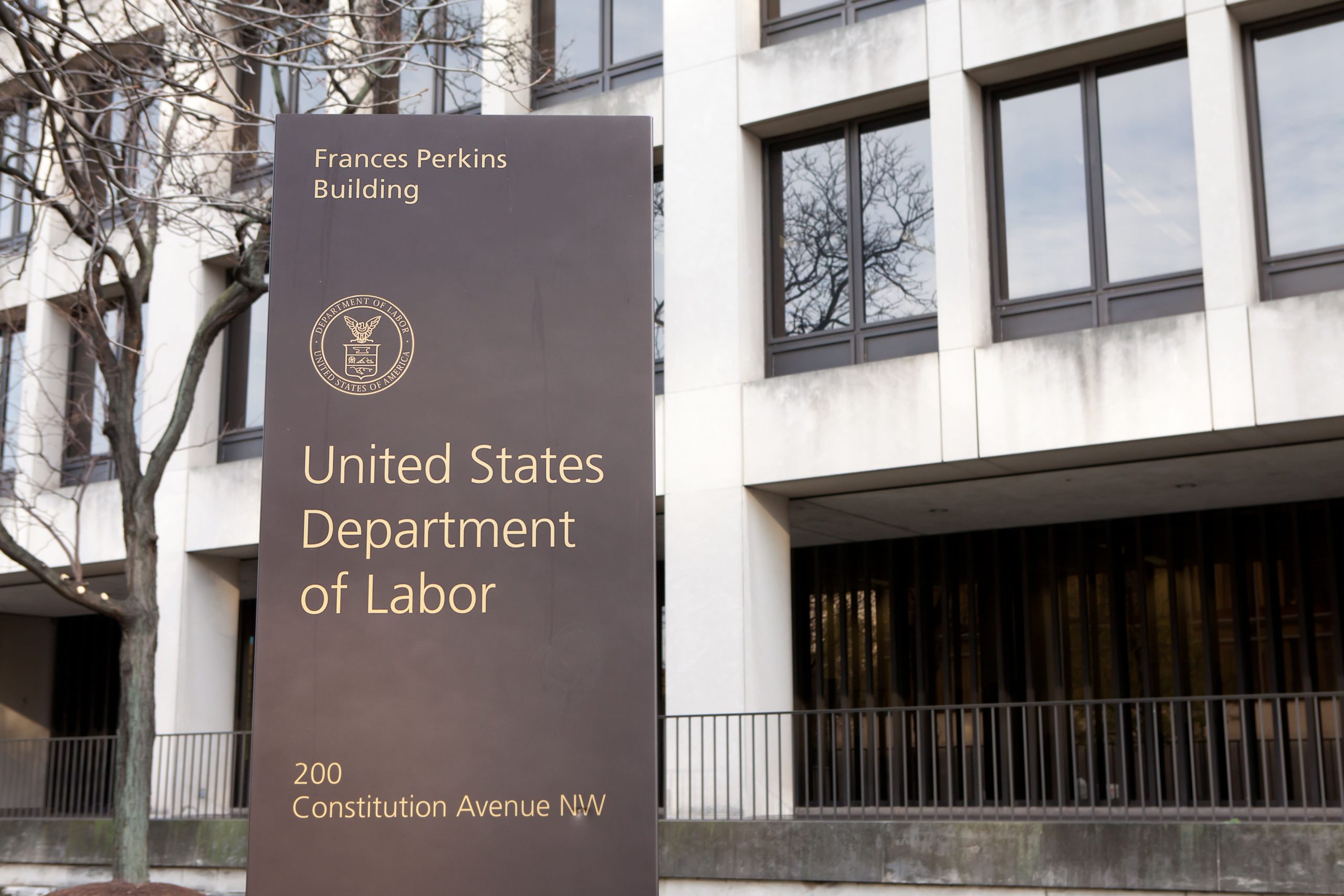The Department of Labor’s Employment and Training Administration has proposed to delay the effective date of a Trump administration rule, “Strengthening Wage Protections for the Temporary and Permanent Employment of Certain Aliens in the United States.” The implementation of the rule published in January will now be delayed until May 14, 2021. The notice states that the proposed delay “will allow agency officials the opportunity to review any questions of fact, law, or policy the rule may raise.” Comments may be submitted until February 16, 2021. It is expected that the rule will not go forward.
Source:


